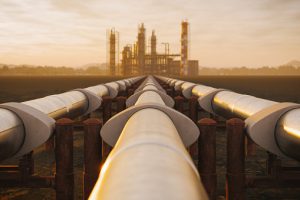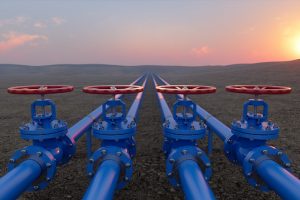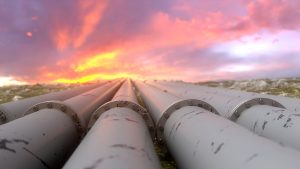Pipeline infrastructure is vital to the functioning of our country. In fact, this vast transportation system contains approximately 2.4 million miles of pipe. Americans consumed 34% of natural gas and 35% of oil as part of our total energy consumption last year. As energy demand grows, more transmission, gathering, and distribution lines will need to be built or upgraded.

So, what is the significance of these pipelines? They cross multiple state lines to deliver fuels and feedstocks to a wide range of consumers, including homeowners, businesses, and power plants. As a result, they are extremely important to how this country operates and functions, and there are numerous reasons for this. You can also check out ricwil malaysia here for information on pipelines.
Why are pipelines needed?
Most people are unaware of how frequently they use products containing oil and natural gas. They can be used for heating and cooling, as well as providing heat for stoves, ovens, and clothes dryers. They also assist in the operation and powering of machinery used in the manufacture of everyday household products. Even those products contain or are made up of oil or gas byproducts. And, while we work to develop new automobile technology and fuel supplies, there are more than 286 million registered passenger vehicles on the road, the majority of which run on gasoline or diesel. Pipelines provide the fuel needed for these daily activities to run smoothly and keep our country moving, both physically and economically.

Bringing up the economy
Pipelines and the products they transport contribute to economic development in communities across the country. People are employed not only to maintain current and existing pipelines, but also to create direct and spin-off jobs when new pipelines are built or need servicing. There are also numerous ancillary and supply chain jobs created as a result of production and end-use demand, which helps our country maintain a steady energy supply. According to one recent study, crude oil pipelines alone generated over 200,000 jobs and over $21.8 billion in GDP in 2015. Many of the multibillion-dollar investments in new petrochemical facilities or liquefied natural gas terminals planned today would be impossible without a consistent and reliable supply of feedstocks.

Safety and Pipelines
While you may hear about pipeline spills in the news, they are much more common than you may believe. With over 2.4 million miles of pipeline, the number of accidents is negligible – 99.999 percent of all pipelines deliver their product without incident. Current pipeline inspection and monitoring methods employ cutting-edge technology and sophisticated IT systems to ensure the integrity of the pipe, people, and the environment. Pipeline operators use high-tech inspection equipment and extensive preventative measures to detect problems and prevent future failures. In order to ensure that operations are held to a high standard, robust federal and state safety standards are in place, with rigorous requirements and harsh penalties. Many people hear negative media and activist fear-mongering about pipelines and believe that they should be removed, denied, or halted at all costs – even though they have no plan for providing the basic necessities that are critical for our daily enjoyment.